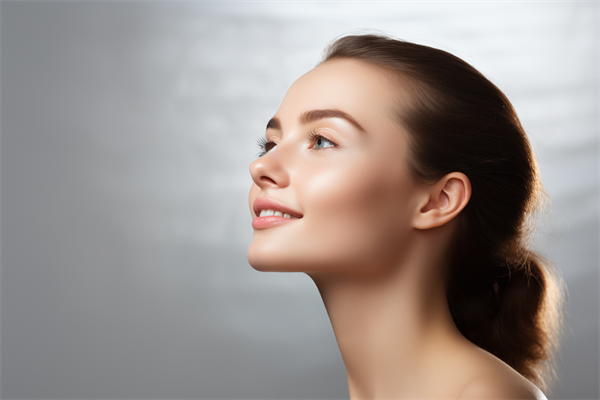What should elderly women pay attention to?
Elderly childbearing refers to the pregnancy and childbearing of women at the age of 35 and above. Compared with young women, older women need to pay more attention to their health and recovery during pregnancy and postpartum. The following is a detailed description of postpartum rehabilitation of elderly puerpera in terms of diet, exercise, psychological adjustment and professional nursing.

Diet conditioning
Postpartum elderly mothers need to pay attention to reasonable diet to speed up recovery and maintain health. First of all, we should maintain a balanced intake of nutrients, and take in enough protein, carbohydrate, fat and vitamins. Secondly, we should avoid eating too much sugar and high-fat food to prevent excessive weight growth and blood sugar fluctuations. In addition, an appropriate increase in dietary fiber intake will help prevent constipation. In addition, older women should also drink more water to maintain water balance in the body and promote metabolism and milk secretion.
Special diet conditioning needs to be carried out according to the actual physical condition of mothers. Some mothers may need special diet control and supplementation due to special circumstances such as gestational diabetes or hypertension. Therefore, during the post natal rehabilitation period, mothers had better consult their doctors or nutritionists to develop a diet plan suitable for them.
Proper exercise
Proper exercise is very important for the postpartum rehabilitation of elderly women. Exercise can enhance muscle strength and flexibility, improve cardiopulmonary function, and promote blood circulation and metabolism. However, due to the frailty of the elderly women's bodies, they should pay attention to selecting appropriate sports items and intensity when exercising.
First of all, elderly mothers after childbirth can choose some mild or moderate aerobic exercise, such as walking, yoga and swimming. These exercises can help restore physical strength, and will not cause too much burden on joints and the body. Secondly, postpartum mothers can carry out some puerperal rehabilitation exercises, such as pelvic floor muscle exercises and abdominal contraction exercises, to strengthen the function of abdominal muscles and pelvic floor muscles. Finally, remember to warm up and relax properly before and after exercise to prevent muscle strain and excessive pressure.
It should be noted that during post natal rehabilitation, strenuous exercise and overwork should be avoided so as not to affect the recovery of the body and the secretion of milk. At the same time, if mothers have dizziness, palpitations, chest tightness and other uncomfortable symptoms during exercise, they should immediately stop exercising and consult their doctors.
Psychological adjustment
Postpartum elderly mothers often face more psychological pressure and anxiety, which may be related to physical recovery, parenting pressure, family support and other factors. Therefore, good psychological adjustment is very important for postpartum rehabilitation.
The elderly puerpera should learn to relax and adjust their emotions, and maintain a good attitude. Anxiety and loneliness can be alleviated by chatting with family and friends, participating in some postpartum rehabilitation classes, parent-child activities, salons and other social activities. In addition, you can try some relaxing activities, such as reading, listening to music, yoga, etc., to help relieve stress and restore mental balance.
If mothers have serious anxiety, depression or other psychological problems, they should seek the help of a doctor or psychologist in a timely manner. Professional psychological support can help elderly women better cope with postpartum psychological pressure and promote physical and mental health.
Professional Nursing
Postpartum elderly mothers may face more physical discomfort and recovery problems, so it is very important to receive professional care.
First of all, postpartum mothers need to have regular postpartum reexamination and related examinations to ensure their physical recovery. These examinations may include uterine recovery, wound healing, breast condition, etc. In the hospital, postpartum mothers can also receive professional postpartum rehabilitation guidance and care, including milk feeding, postpartum nutrition conditioning, puerperal rehabilitation exercises, etc.
At the same time, elderly mothers need to pay attention to maintaining personal hygiene and rest. Keep breast clean, avoid chapped nipples, and promote milk secretion and feeding. In addition, arrange heating, sleeping and rest time reasonably to avoid getting cold and overwork.
Summary
Postnatal rehabilitation of elderly puerpera needs attention and nursing from many aspects, such as diet conditioning, proper exercise, psychological adjustment and professional nursing. Reasonable diet, proper exercise, good psychological state and professional nursing are the keys to promote the postpartum recovery of elderly mothers. We hope that you can pay attention to the rehabilitation needs of elderly mothers and care for their physical and mental health.










